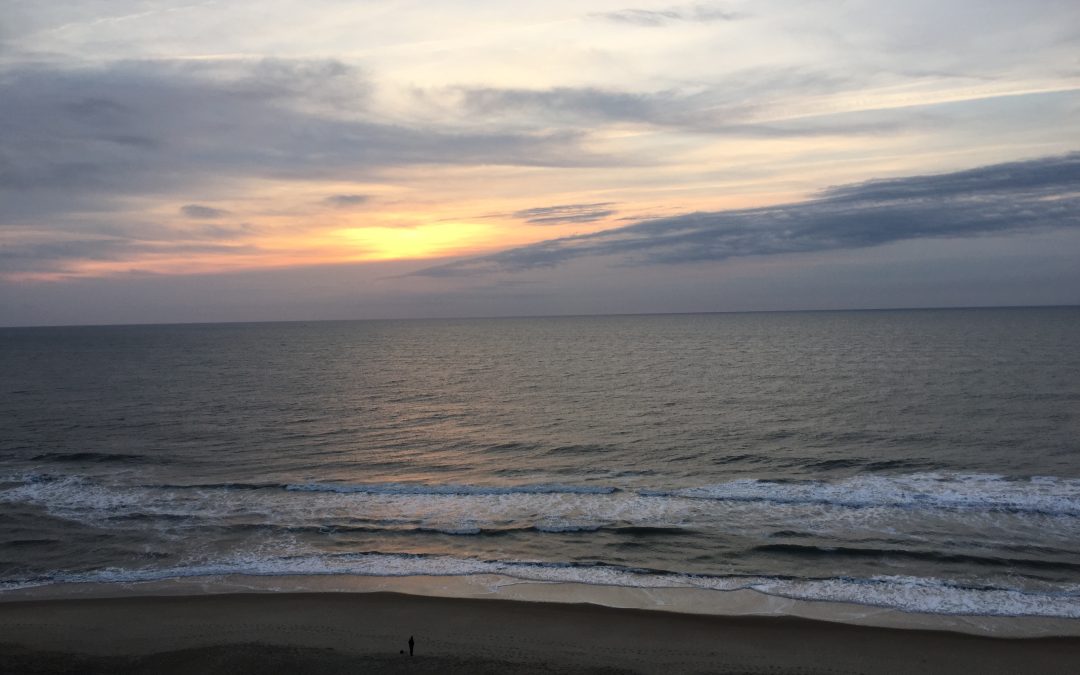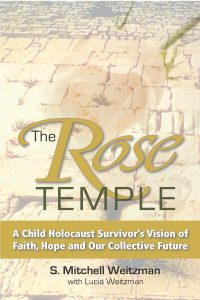Standing on the shoreline at Ocean City, Maryland, cool sand brushing against my feet, the ocean currents soothing my senses, I contemplated the wonder of nature. I was alone on this cold, late March morning, having risen at sunrise to capture this moment.
It was Shabbat: the Jewish Sabbath, a time when God is closest to us. I could feel God’s presence here. I felt blessed. And then . . . a thought entered my consciousness. News about the Brussels terrorist attack was still fresh. And there seemed to be little doubt that more attacks were on the way. Our collective sense of security has been badly bruised, if not crushed. In the parlance of terrorism, the places we gather—restaurants, shopping malls, stadiums, houses of worship, and perhaps even the beach—are called “soft” targets.
I asked the same “why” questions as many before me have asked throughout history. Why the hate? Why the killing? And why the destruction of this beauty which God has created?
It’s happened before— these intrusive thoughts affecting the wonder of nature. On many occasions I’ve hiked on a scenic nature trail, mesmerized by the views, only to succumb to recollections of my father’s tales of survival in the forests of Eastern Europe during the Holocaust. For years he hid without shelter, foraging for food, in constant fear of being discovered and shot on sight. I wondered whether I would have survived under these conditions. And I asked those same “why” questions.
Now, as I stood on the shoreline at the beach, I pondered how the tension between the approaching waves breaking on the sand and the undertow pulling the water back into the ocean was constant; an ongoing battle since the beginning of time.
I wish I had been able to fully inhale all of the wonder I was witnessing without the undertow of these disturbing thoughts. As long as God-created beauty remains, and as long as mankind still has the ability to choose good over evil, perhaps there is the hope that, one day, I will be able to do so.




